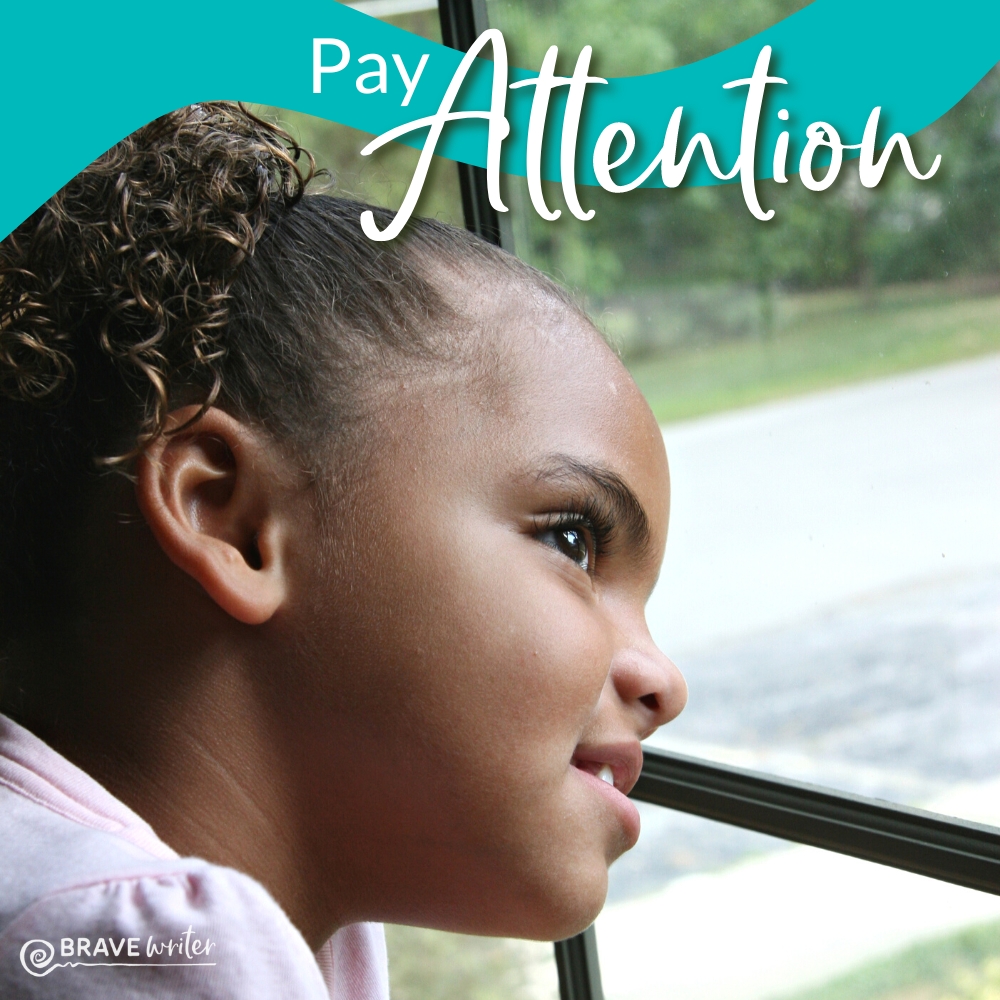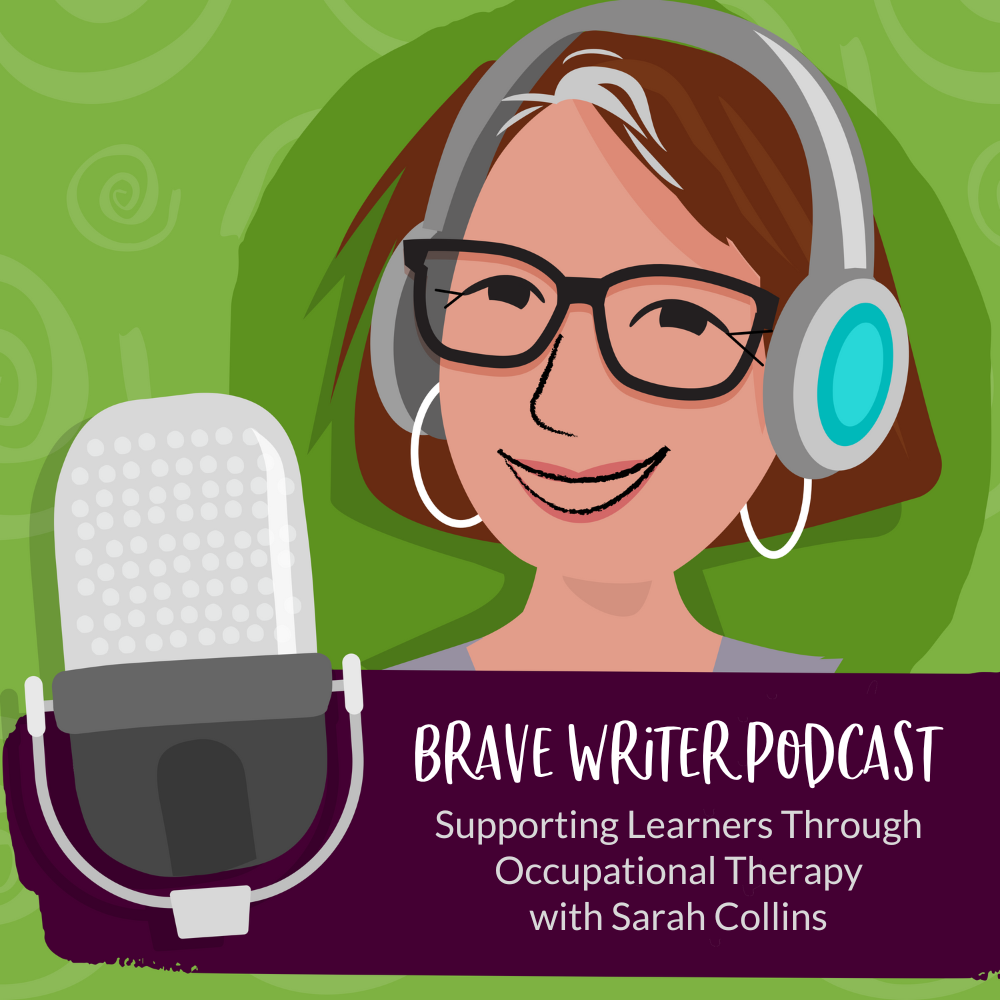
August 14-September 22, 2023
What if we were neighbors?
- “I wish you lived next door.”
- “I bet we’d be best friends.”
- “It would be amazing to have you in my living room.”
- “We call Julie the Fairy Godmother of Homeschooling.”
Are these not the kindest, most affirming messages?
They got me thinking:
What if I could pop into your living rooms, make friends with you, and sprinkle a little pixie dust on your homeschools? What if you could start your year with a cohort of other parents embarking on this audacious homeschooling journey, guided by me?
What if I could give you a “jumpstart”?
Introducing Jumpstart with Julie
Let’s jump in together!
Here’s what you don’t need:
- Too many chatty webinars to attend
- Busywork worksheets (hate those!)
- Platitudes (you have Instagram for that)
- Generic solutions (that don’t help you or your kids!)
- Lots of philosophical ideas instead of actual practices
Here’s what I know creates confidence:
- Live targeted teachings
- Practical plans that are easy to implement
- Gentle accountability to your best intentions
- Community support from fellow travelers
- One-on-one time with me (yeah, you read that right)
For six weeks, we’re going to walk into this school year together—linking arms.
First Two Weeks
Imagine kicking off the school year with
- guided research
- notifying your state (country) if needed
- preparing your home and curriculum
Next Four Weeks
Now imagine experimenting with four different structures for homeschooling to find the best fit!
- Week One: DISCOVER: The kick off!
- Week Two: PLAN AHEAD: Following a schedule
- Week Three: PLAN FROM BEHIND: Following a child’s interests
- Week Four: US-SCHOOLING: Creating a custom routine
What does the Jumpstart include?
- Six-Week On Ramp to Homeschool (written by me)
- Six webinars with me (+ replay access)
- Q&A time at the end of each webinar
- Emails with your week’s tasks clearly laid out
- “Happy Hours”—drop in to chat with me about YOUR family
- “All you need for the year” shopping lists
- Hacks for your home to make it fit your homeschool
- Worry prevention: how to be accountable and love it!
- Habit formation: which to cultivate and which to ditch
How to Apply
The members of the cohort will be hand selected by me.
Who is this program for?
- Brand NEW homeschoolers
- NEW Brave Writer families who homeschool
- Homeschoolers who need a NEW injection of life in their homeschool
In short, if you are a homeschooler with flexibility to experiment, try new models of learning, and feel the need for personal support, instruction, and accountability—this is for YOU!
Who is this program NOT for?
- Homeschoolers who have a well-established plan and don’t want to change it
- Homeschoolers who use K-12 or any other externally structured program
- Homeschoolers who are too busy to attend the webinars (or watch replays) or do the activities in the program
To apply, please fill out this form.
Note: taking applications until Monday, July 24.
Jumpstart with Julie
Bring a friend!
When you apply, you’ll be asked if you have a friend you’d like to join you in our cohort. Doing this process with a local or online friend will feel really supportive to you! You will each get a discount for tuition when you both apply. You’ll pay one price and settle up between you
Price
- $249.00 (sign up in July)
- $398.00 (sign up with a friend—$199 each)
- $299.00 (sign up by August 10)
Can’t wait to meet you!


























